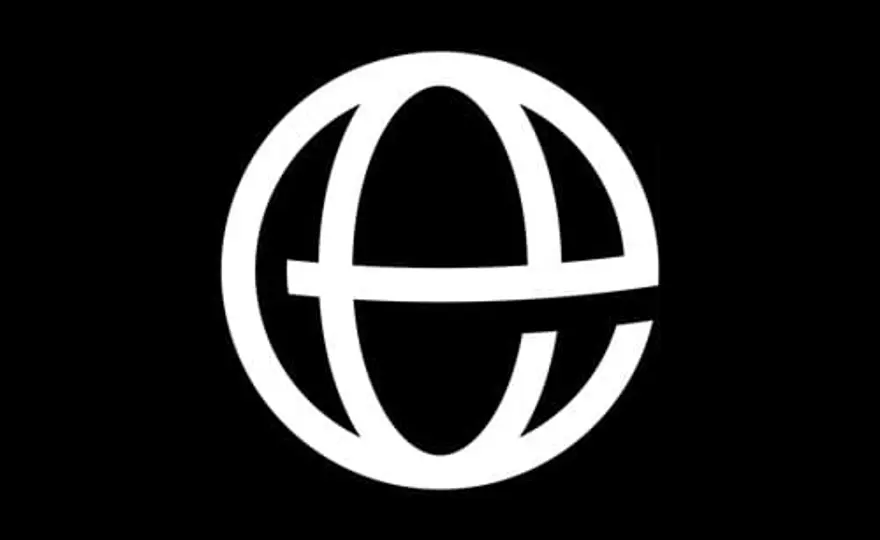ClientEarth Communications
10th March 2017


Lawyers and associates from ClientEarth have been training members of civil society in Ivory Coast on the EU Timber Regulation (EUTR), the EU’s law to address the issue of illegal logging.
This training made headlines on Ivorian TV. This is the first time the EUTR has been discussed in depth on national news in Ivory Coast.
ClientEarth forests lawyer Nathalie Faure said: “Our training on the EU Timber Regulation for 25 members of the civil society’s platform on forest governance was hugely successful.
“The EUTR is a complex law that doesn’t only impact the EU. It also affects the entire timber supply chain all the way to producing countries like Ivory Coast.
"There was a real desire for civil society members to better understand the basics of this law. Now, they can put this knowledge to use in their participation in negotiations between Ivory Coast and the EU to sign a timber trade agreement - a Voluntary Partnership Agreement (VPAs).”
The EU Timber Regulation seeks to prevent illegal timber being placed on the EU market. Whilst this puts the obligation on the importer, it also has an indirect impact on the supply chain. Timber operators in producing countries will have to give specific information about the production of timber to European importers.
Civil society can be pivotal in this, as they can help importing companies make sure timber is legal and ensure governments are taking appropriate action.
By training members of civil society on the EUTR, they can play a role in the EUTR’s implementation. Being better informed about the law will allow them to collect the relevant information about timber supply chains and help them raise concerns if there is a risk of illegality.
Before the training began, a representative from the Ministry of Forests in Ivory Coast gave an introduction and provided some context on the Forest Law Enforcement, Governance and Trade (FLEGT) Action Plan. FLEGT addresses illegal logging targeting both the timber consumers’ countries through the EUTR and the producing countries through the Voluntary Partnership Agreements.
Our training on the EUTR explained the way these two mechanisms interact and how they can reinforce one another on the trade of legal timber.
In the training, ClientEarth detailed what the EUTR is, its scope and where it applies. ClientEarth also highlighted some information on trade between Ivory Coast and Europe. The European countries which import the most timber from Ivory Coast include Italy, Belgium, Spain, France and the UK.
ClientEarth will continue its work to support civil society in Ivory Coast in monitoring the implementation of forest laws.